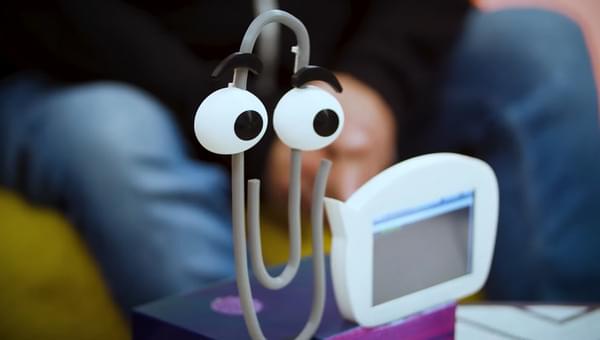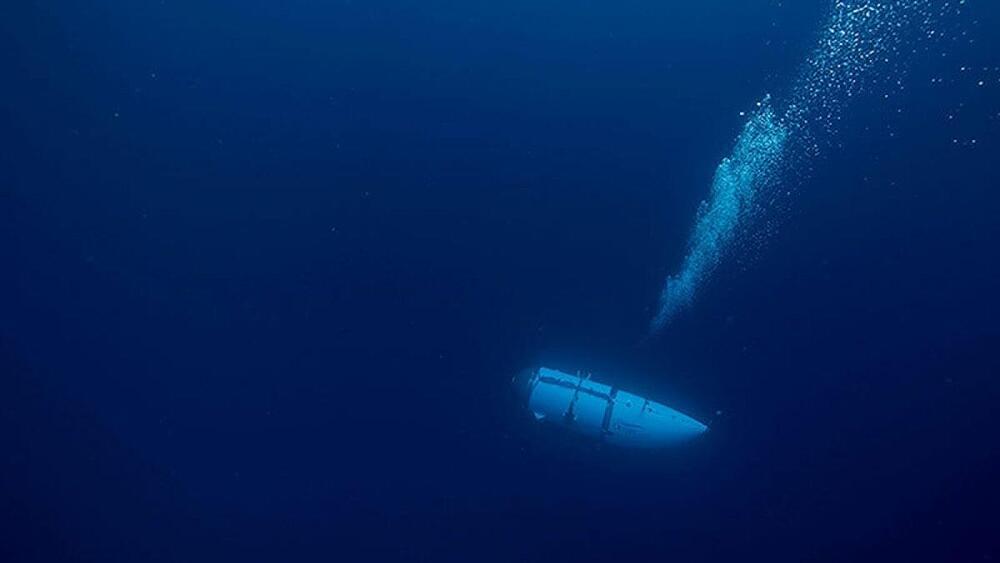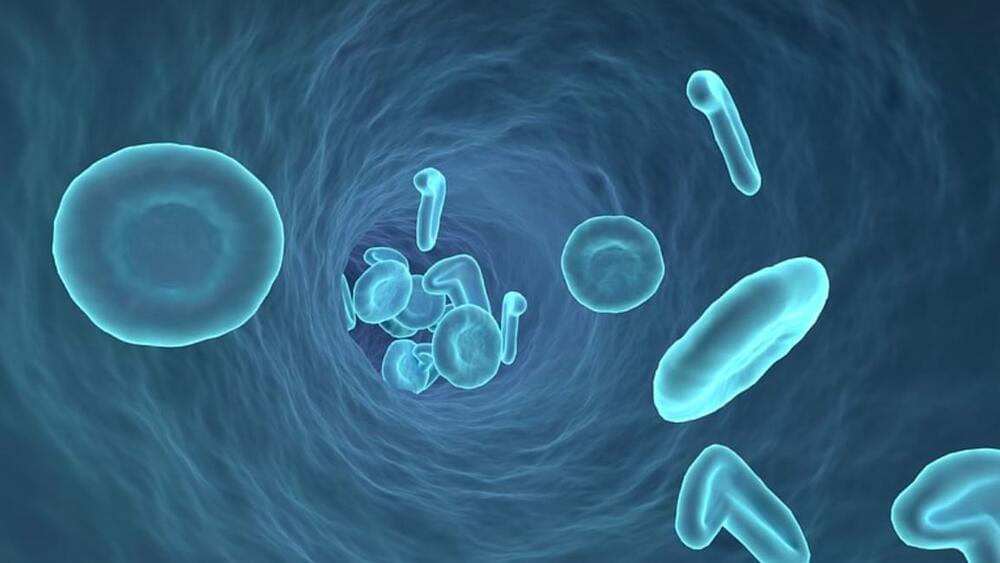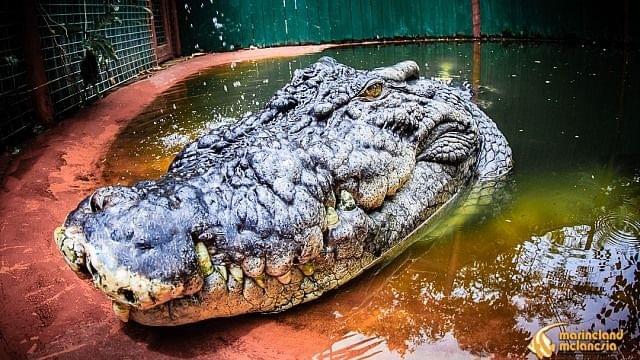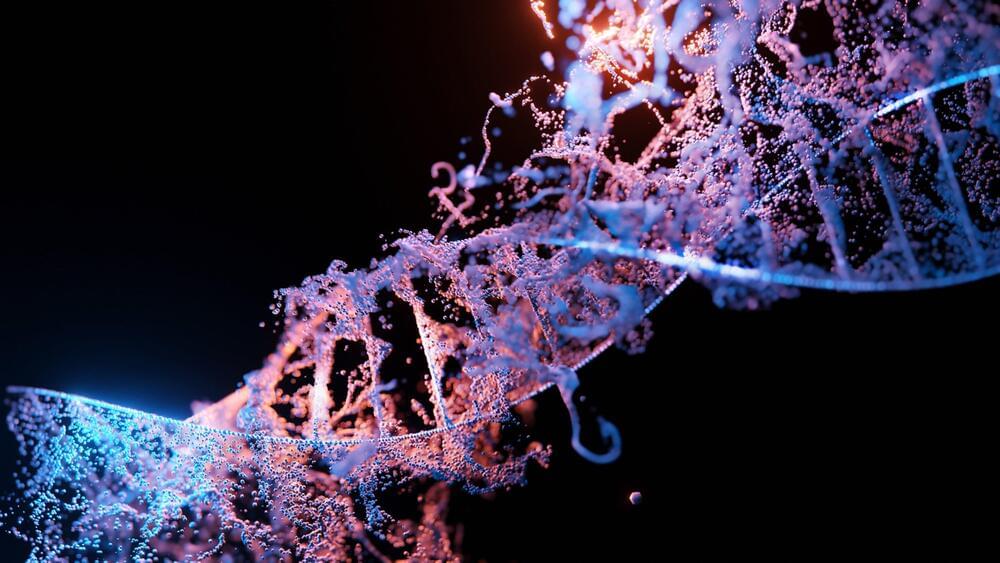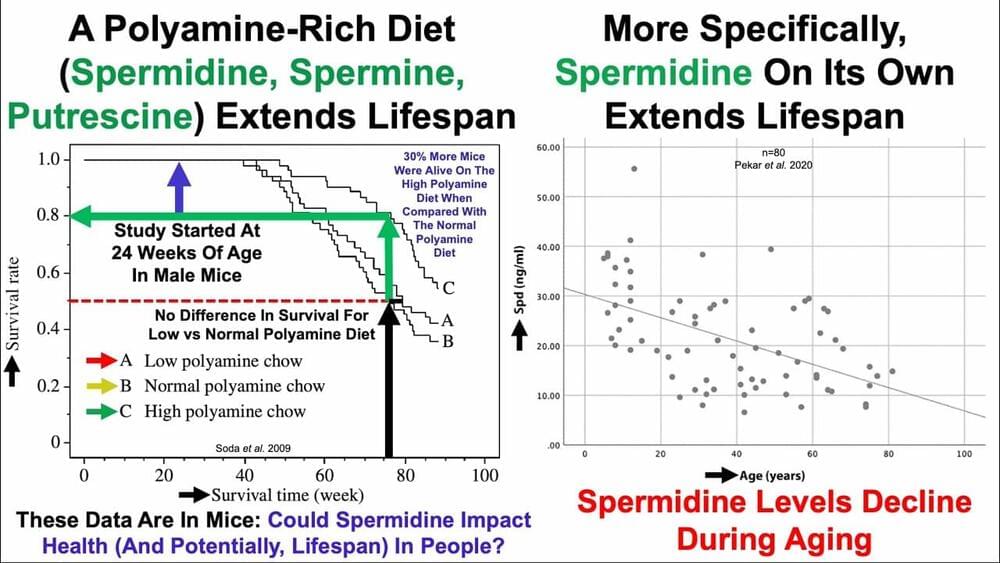Jun 21, 2023
Clippy Comes to Life with Chat-GPT and Raspberry Pi
Posted by Quinn Sena in categories: futurism, robotics/AI
The future of clippy and toy makers is promising 👌 😀 😄.
As Microsoft eagerly adds Chat-GPT to Bing, Word, Edge, and dozens of other products, I can’t help myself from thinking of Clippy. The old assistant could be seen as a precursor to modern, collaborative AI. Clearly, someone else had the same thought, but they actually did something with it.
Continue reading “Clippy Comes to Life with Chat-GPT and Raspberry Pi” »
